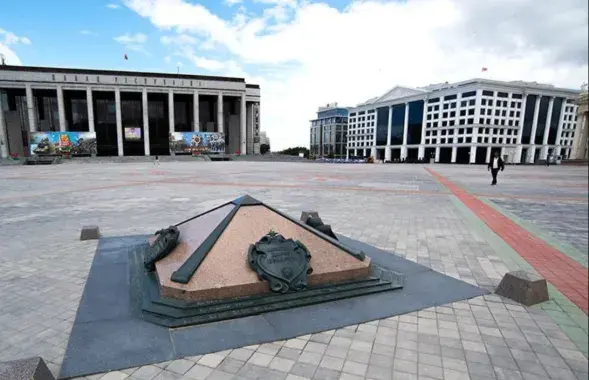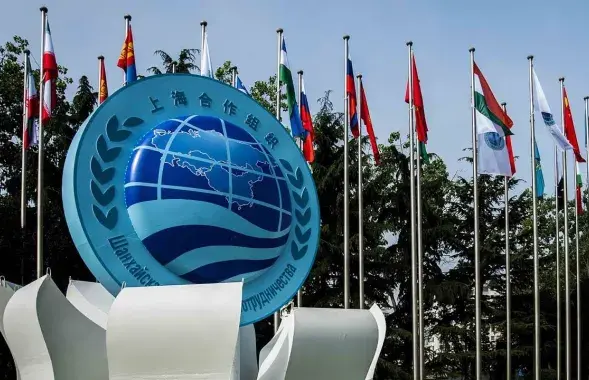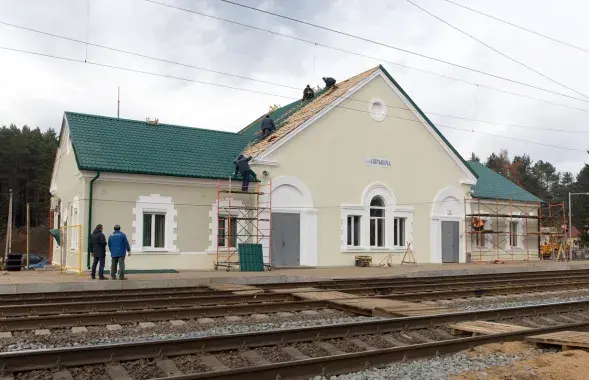What changes for Belarusians after Lithuania's switch to Euro?
Pundits maintain we will get advantages.
“The introduction of Euro in Lithuania is not only an economic but also a very powerful political move. Lithuania has neared this moment all the time since joining the European Union," reckons Vilnius-based political commentator Viktar Dzenisenka.
He also adds that this is the second attempt by Lithuania to introduce Euro. The first failed attempt was in 2007 wheh the LIthuanian government fell short of meeting only one of numerous targets: the annual inflation rate crossed over the allowed threshold of 0.1%.
The news came on July 23 that Lithuania would this time be allowed to switch to Euro. But Lithuanias had begun preparing for this long time before. They have even prepared the design of coincs with the national coat-of-arms.
Lithuanians will become the third and the last Baltic country to join Eurozone. Estonia introduced Euro in 1999. Latvia joined Eurozone just in the begining of 2014. Latvians, however, are yet to feel any advantages. According to public opinion polls, 87% of Latvia citizens noticed the price growth after switching to Euro; 34% did not notice positive changes; 27% have no opinion in this regard. Among advantages, Latvians say there is no need to transfer all their savings from Lats into Euros (as was the case before 2014). It is also more convenient when travelling elsewhere in Europe.
The Lithuanian shopping centers are extremely popular destinations with Belarusians. The malls do not know yet how the switch to Euro will influence the number of cross-border shoppers from Belarus. They only stress that price tags will not increase.
The point is that just like Bulgaria's lev or Danish krona, Lithuanian lit was tied to Euro for many years. The Euro exchange rate remained unchanged in Lithuania for years, so the switch to a new currency is mostly technical.
Expert Viktar Dzenisenka shares the optimism of shopping mall vendors. He says prices will grow but only in the services sector.
“The forecast is that prices will not grow. If they do, the growth will be insignificant. I am talking about the prices of foodstuffs. The prices of services will grow.”
There is at least one advantage for you and me when traveling to Vilnius next year. Euros bought for Belarusian rubles in Minsk will not have to be exhchanged into Lits. It means there will be no queues at the echange offices at the railway station and no losses on bank's commission fees.
Фота — dcdn.lt















